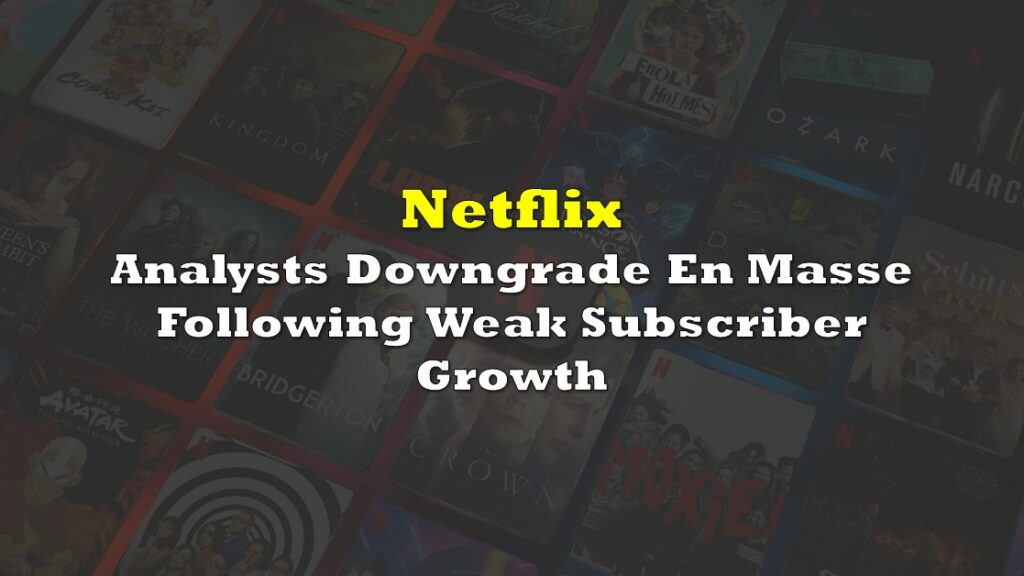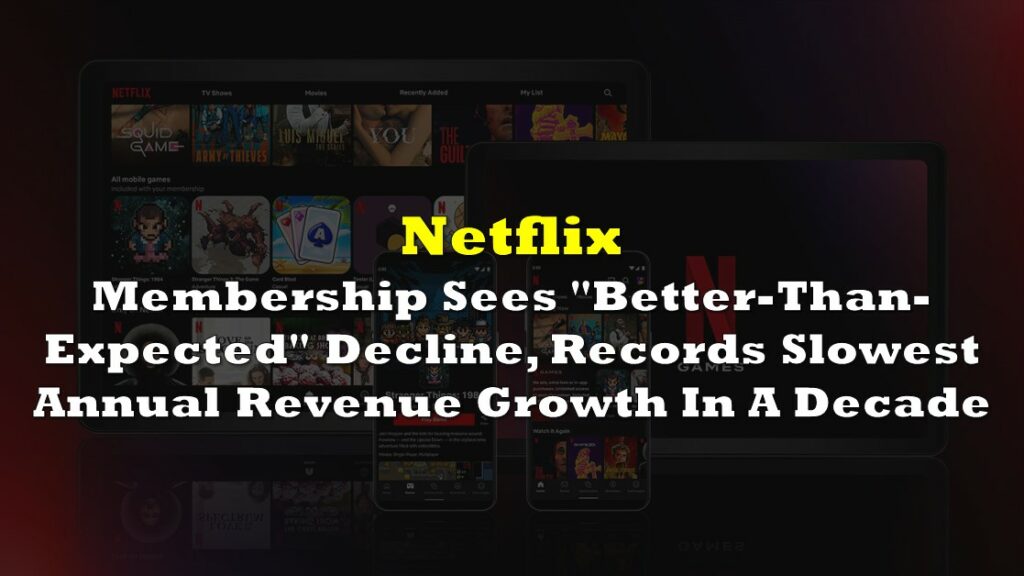If the name Carl Erik Rinsch sounds vaguely familiar, it’s because he directed one film, the “47 Ronin.” The name’s about to become more familiar because, on Wednesday, The New York Times published John Carreyrou’s story on Rinsch, a Netflix sci-fi series we’ll never see, and how he spent a portion of the series’ funding on stock and Dogecoin.
JUST IN: Netflix gave $11 million to a company to produce a movie and they lost it all trading stock options.
— Watcher.Guru (@WatcherGuru) November 22, 2023
“47 Ronin,” the only entry in Rinsch’s filmography was received rather terribly both by critics and the box office. Rinsch then went back to making commercials. That is until 2018, when all the major streamers — Amazon, Netflix, Apple, Hulu, HBO, and YouTube — flocked to snipe the rights for a promising sci-fi series Rinsch penned and produced with his wife, and short episodes of which were produced with the help of lenders including Keanu Reeves, the movie star he befriended during the filming of his only film.
Amazon was set to win the rights to the series when Netflix at the last minute swiped it for a few million dollars more. It’s important to note that this was in 2018 when it was in vogue to spend tons of money on content so long as they had the potential to win more subscribers.
Long story short, Netflix committed to pay $61.2 million in several installments for the rights of the series it now calls “Conquest.” It was about “a genius who invents a humanlike species called the Organic Intelligent. The O.I. are deployed to trouble spots around the globe to provide humanitarian aid, but humans eventually discover their true nature and turn against them,” Carreyrou described.
The series then went into production and by March 2020, the streamer had already spent $44.3 million on it with Rinsch missing a number of production milestones. But Rinsch needed more money, and he demanded that Netflix give him the money or the entire production would collapse. Netflix then relented and wired his production company $11 million.
Rinsch, whose mental disposition was already in question at this point, used $10.5 million from Netflix’s funding to trade stocks, leading to a loss of $5.9 million. Undeterred, he shifted to cryptocurrency, this was 2021 so his $4 million investment in Dogecoin turned into a windfall of nearly $27 million.
But rather than advancing the series, Rinsch, who was at this point going through a divorce, spent $8.7 million on luxury items, including a Ferrari and five Rolls-Royces.
By then, Netflix had invested over $55 million in the project, and Rinsch had yet to deliver any episodes. This led Netflix to write off the series, stating Rinsch was “never going to complete the project.”
Currently in confidential arbitration with Netflix, Rinsch claims the money was contractually his and the streaming giant owes him $14 million for breaching the contract. Netflix, on the other hand, disagrees, asserting that the payments given to Rinsch were contingent on him hitting production milestones, which they argue he never did.
The Times said that a ruling from the arbitration that started this month is expected to be released soon. Meanwhile, Rinsch has refused to comment on the story, other than the one he made through a now-deleted Instagram account where reportedly said he didn’t want to cooperate with The Times, believing the article would be “inaccurate” and that it would “discuss the fact that I somehow lost my mind … (Spoiler alert) … I did not.”
Information for this story was found via The New York Times, and the sources and companies mentioned. The author has no securities or affiliations related to the organizations discussed. Not a recommendation to buy or sell. Always do additional research and consult a professional before purchasing a security. The author holds no licenses.









